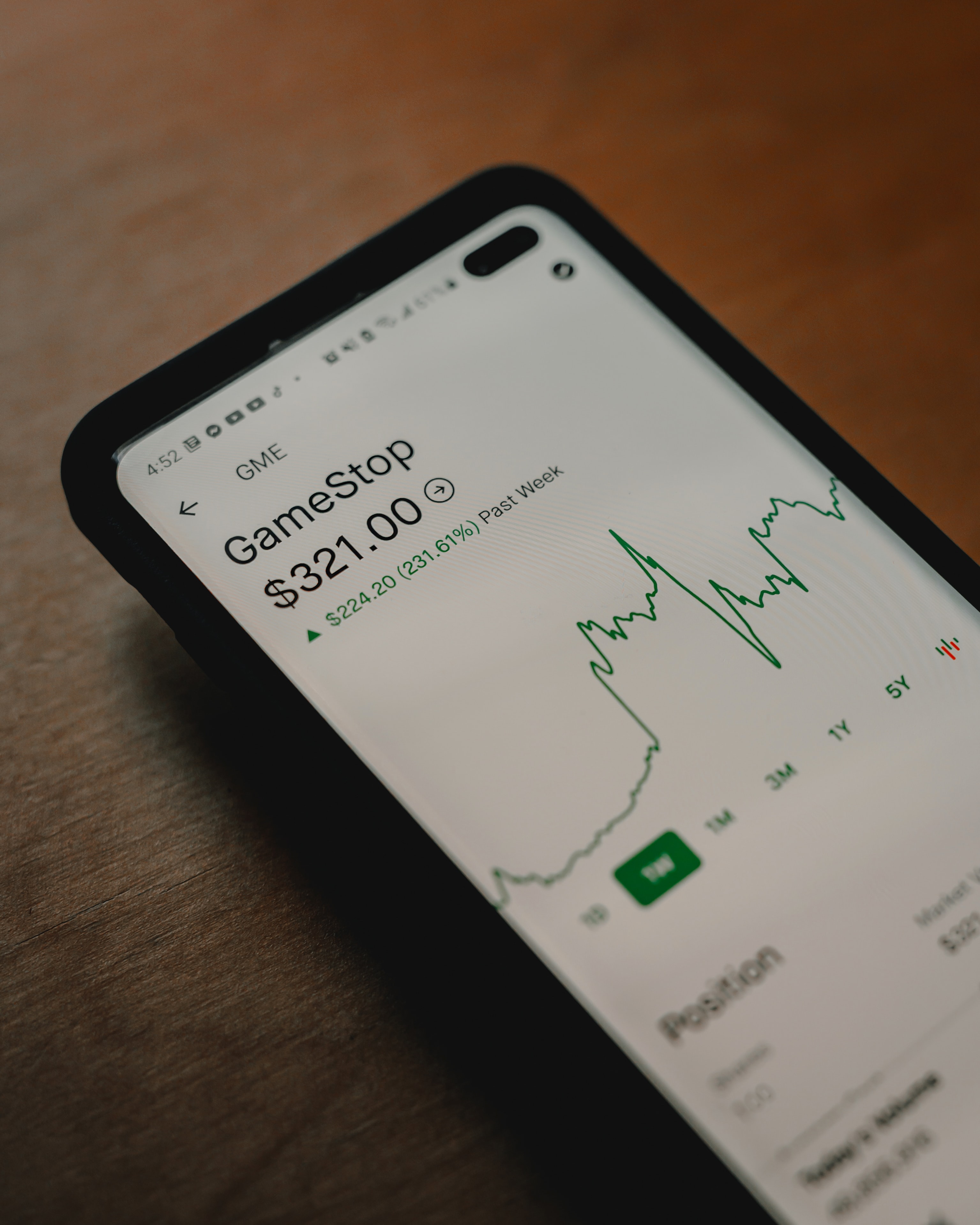
Market Bubbles Introduction

Peter Eisenhardt
30 years: Capital markets & investment banking
People never change. Over optimism, wishful thinking, the ability to suspend reality, and herd mentality are human traits that are part of what makes us who we are and won’t just disappear. As a result, the next market bubble is never far away.

Right now, in March of 2021, this discussion is extremely timely. We are living in a particularly “bubbly” world.
Despite the severe economic contraction brought about by the Covid-19 pandemic, stock markets around the world are booming. By traditional measures, valuations in many markets and investments are nothing short of crazy.
The hugely successful value investor Jeremy Grantham has said that stocks are in a bubble of epic proportions, fuelled by monetary and fiscal measures. He says that confidence and “animal spirits” are already extremely high, and the next round of Covid-19 stimulus will only inflate the bubble further. Grantham points to QuantumScape, the lithium battery company. Shortly after listing, QuantumScape achieved a market cap greater than GM and Panasonic combined, despite admitting it will take four years before it produces and sells anything.
Investors don’t have to look too far to see that there are potential signs of bubbles everywhere.
The trading frenzy on GameStop and AMC shares makes clear the extent of the speculative environment. Social media and new platforms are bringing in fresh players keen to take gambles and use leverage.

Then, there are the extraordinary rumblings around Tesla. The electric car manufacturer has achieved a one-year return of over 900% with a P/E ratio of over 1,000. It is the most highly valued car manufacturer in the world with a market cap larger than the Toyota, Nissan, GM, Ford, BMW, Fiat Chrysler, VW and Daimler combined. Yet, dismayed critics argue “All they have are some good-looking electric cars that sell below cost, without a unique technology.”
CNBC commentator Jim Cramer crowed, “I don’t even know if Tesla is a stock. It is something else entirely, like a new species discovered in the wild.”
After Bitcoin crashed from $20,000 to $5,000 in 2018 – and settled into a range of $3,000 - $11,000 during 2019, the price has since soared to $50,000 following a well-publicised investment by Elon Musk.
Of course, there are many that don’t think this is a bubble. Some have said the market is undervalued, and that “with the Fed on your side, you can’t lose.”
While bubbles are often preceded by a prevailing sentiment that “this time is different”, superstar investor Howard Marks offers observations that provide balance, he notes:
- Internet and software firms are global and have vastly increased their ultimate profit potential. Innovation and technical adoption are happening more rapidly than ever before.
- It has never been easier to start a company and raise capital for entrepreneurship. There has never been as many highly capable people focused on starting companies.
- Companies selling products made with code have low costs and capital needs and unusually high profits. Scaling up is rapid and cheap.
- It has never been more acceptable for public companies to lose money in the pursuit of a large prize down the road.
As always, time will tell. Mark Twain said, "History doesn’t repeat itself, but it often rhymes" – which is what my Market Bubbles Introduction video is all about. It covers ten of the most significant bubbles in history dating back to Tulip Bulb Mania. If you want to learn about the stages of bubbles, ways to spot bubbles, and ideas for dealing with them, watch my video here.

Peter Eisenhardt
Share "Market Bubbles Introduction" on































